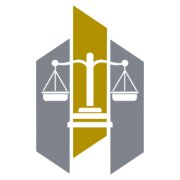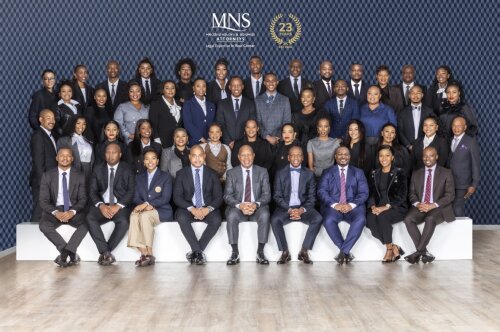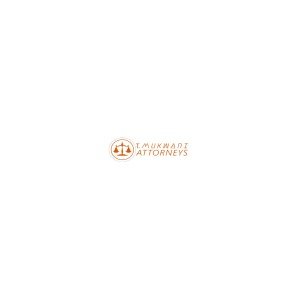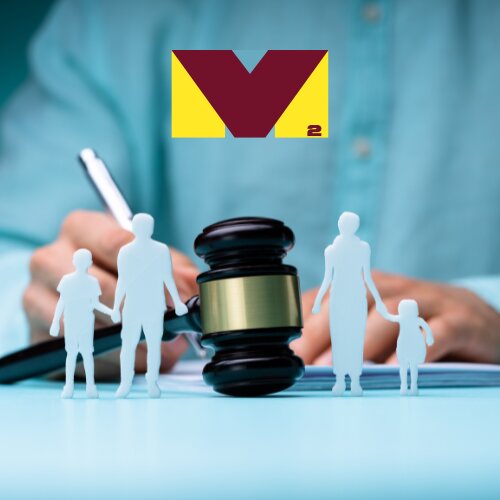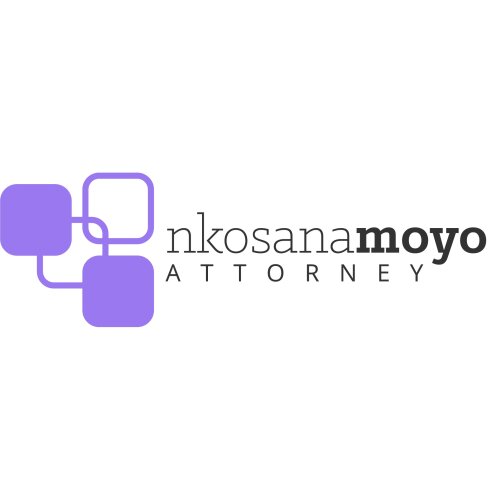Best Antitrust Litigation Lawyers in Johannesburg
Share your needs with us, get contacted by law firms.
Free. Takes 2 min.
List of the best lawyers in Johannesburg, South Africa
About Antitrust Litigation Law in Johannesburg, South Africa
Antitrust litigation, also commonly referred to as competition litigation, plays a crucial role in ensuring fair competition within South Africa's marketplace. In Johannesburg, the commercial hub of South Africa, antitrust laws are primarily enforced under the Competition Act. This area of law aims to prevent anti-competitive practices such as collusion, abuse of dominant positions, restrictive agreements, and improper mergers or acquisitions that may harm market competition. Litigating antitrust matters typically involves complex legal and economic assessments to determine whether businesses have acted unlawfully by restricting competition.
Why You May Need a Lawyer
There are several situations where engaging a lawyer with expertise in antitrust litigation becomes essential for both businesses and individuals. Some common scenarios include:
- Your business is under investigation by the Competition Commission.
- You believe a rival is engaging in anti-competitive practices, such as price-fixing, bid-rigging, or market allocation.
- Your company wants to merge or acquire another and requires guidance on compliance with competition laws.
- You are a whistleblower with information about cartel arrangements.
- Your business is facing a class action lawsuit or damages claim related to alleged anti-competitive conduct.
- You have received a request for information, subpoena, or a dawn raid by competition authorities.
- You seek to defend or challenge restrictive practices or vertical agreements.
Legal assistance is vital to navigate the technicalities of antitrust laws, respond to investigations, prepare for hearings, and safeguard your business interests.
Local Laws Overview
In Johannesburg, all antitrust matters are governed by the national Competition Act 89 of 1998 and its amendments. The Act is enforced by three main authorities:
- The Competition Commission: Investigates complaints and initiates prosecutions.
- The Competition Tribunal: Adjudicates complex cases and imposes penalties.
- The Competition Appeal Court: Hears appeals on Tribunal decisions.
Key aspects of local antitrust laws include:
- Prohibited Practices: Agreements or conduct that restrict competition, such as cartel activity (price-fixing, collusion), exclusionary acts by dominant firms, and abuse of market dominance.
- Merger Control: Notifiable mergers must be reported to the Competition Commission for approval. Assessments consider public interest and competition effects.
- Private Claims: Victims of anti-competitive conduct can bring private actions for damages.
- Penalties: Businesses may face significant fines, up to 10% of annual turnover, for certain contraventions.
- Market Inquiries: Authorities may conduct investigations into specific industries to address potential systemic competition concerns.
Compliance with these laws is monitored vigorously, and violations can result in serious legal and financial consequences.
Frequently Asked Questions
What is antitrust or competition law?
Antitrust or competition law is the body of law that promotes competition and prevents anti-competitive conduct, such as cartels and abuse of market dominance, to protect consumers and ensure a fair marketplace.
Who enforces antitrust laws in Johannesburg?
The Competition Commission investigates suspected antitrust violations and refers cases to the Competition Tribunal, which decides on the matter. The Competition Appeal Court hears appeals.
What actions are considered anti-competitive under South African law?
Prohibited actions include price-fixing, market allocation, bid-rigging, collusive tendering, abuse of dominance, and mergers that substantially prevent or lessen competition.
Is my business required to notify the Competition Commission before a merger?
If the proposed merger meets certain thresholds related to turnover or asset value, notification and approval from the Competition Commission are compulsory.
What are the penalties for breaching competition law?
Fines may be imposed of up to 10% of a company’s annual turnover in South Africa and its exports for a first offense, with the possibility of higher penalties for repeated contraventions.
Can individuals claim damages from anti-competitive practices?
Yes, individuals and businesses harmed by prohibited conduct may institute civil damages claims in the Competition Tribunal.
What is a dawn raid and what rights do I have?
A dawn raid is an unannounced inspection by authorities to gather evidence of anti-competitive conduct. You have the right to legal representation and must cooperate but can request clarification on the scope of the investigation.
How long does an antitrust investigation typically take?
The duration varies depending on complexity, but some investigations may take several months or even years, especially in large or heavily-contested matters.
Are there leniency policies for whistleblowers or cooperating companies?
Yes, the Competition Commission may offer leniency to corporations and individuals who voluntarily disclose their involvement in cartel conduct and cooperate with investigations.
How can I ensure my business complies with competition law?
Establish internal competition compliance programs, train staff on prohibited practices, and consult a legal professional before entering into agreements or considering mergers that may impact market competition.
Additional Resources
If you seek guidance or information on antitrust matters in Johannesburg, the following organizations and bodies may be helpful:
- Competition Commission of South Africa: The national authority investigating competition law violations.
- Competition Tribunal of South Africa: The adjudicative body for complex antitrust cases and private claims.
- Competition Appeal Court: Handles appeals on competition matters.
- South African Law Society: Can assist with referrals to qualified competition law attorneys.
- Johannesburg Bar Association: Professional body for local advocates with expertise in competition and antitrust litigation.
- Legal Aid South Africa: Offers advice in certain circumstances, primarily for qualifying individuals.
Next Steps
If you believe you require legal assistance in an antitrust litigation matter in Johannesburg, start by gathering all relevant documentation and information regarding the case or complaint. Identify any deadlines for responding to authorities. Consider the following steps:
- Consult with a qualified lawyer specializing in South African competition law.
- Arrange a confidential meeting to discuss the facts and seek advice on your rights, obligations, and possible remedies.
- If notified of a regulatory investigation, do not destroy or tamper with evidence and cooperate as advised by your legal representative.
- For businesses, review existing agreements and practices for compliance with the Competition Act.
- Stay informed by following guidance issued by the Competition Commission and seeking updates on relevant legal developments.
Taking prompt and informed action is essential in addressing antitrust concerns effectively and safeguarding your legal interests in Johannesburg, South Africa.
Lawzana helps you find the best lawyers and law firms in Johannesburg through a curated and pre-screened list of qualified legal professionals. Our platform offers rankings and detailed profiles of attorneys and law firms, allowing you to compare based on practice areas, including Antitrust Litigation, experience, and client feedback.
Each profile includes a description of the firm's areas of practice, client reviews, team members and partners, year of establishment, spoken languages, office locations, contact information, social media presence, and any published articles or resources. Most firms on our platform speak English and are experienced in both local and international legal matters.
Get a quote from top-rated law firms in Johannesburg, South Africa — quickly, securely, and without unnecessary hassle.
Disclaimer:
The information provided on this page is for general informational purposes only and does not constitute legal advice. While we strive to ensure the accuracy and relevance of the content, legal information may change over time, and interpretations of the law can vary. You should always consult with a qualified legal professional for advice specific to your situation.
We disclaim all liability for actions taken or not taken based on the content of this page. If you believe any information is incorrect or outdated, please contact us, and we will review and update it where appropriate.




